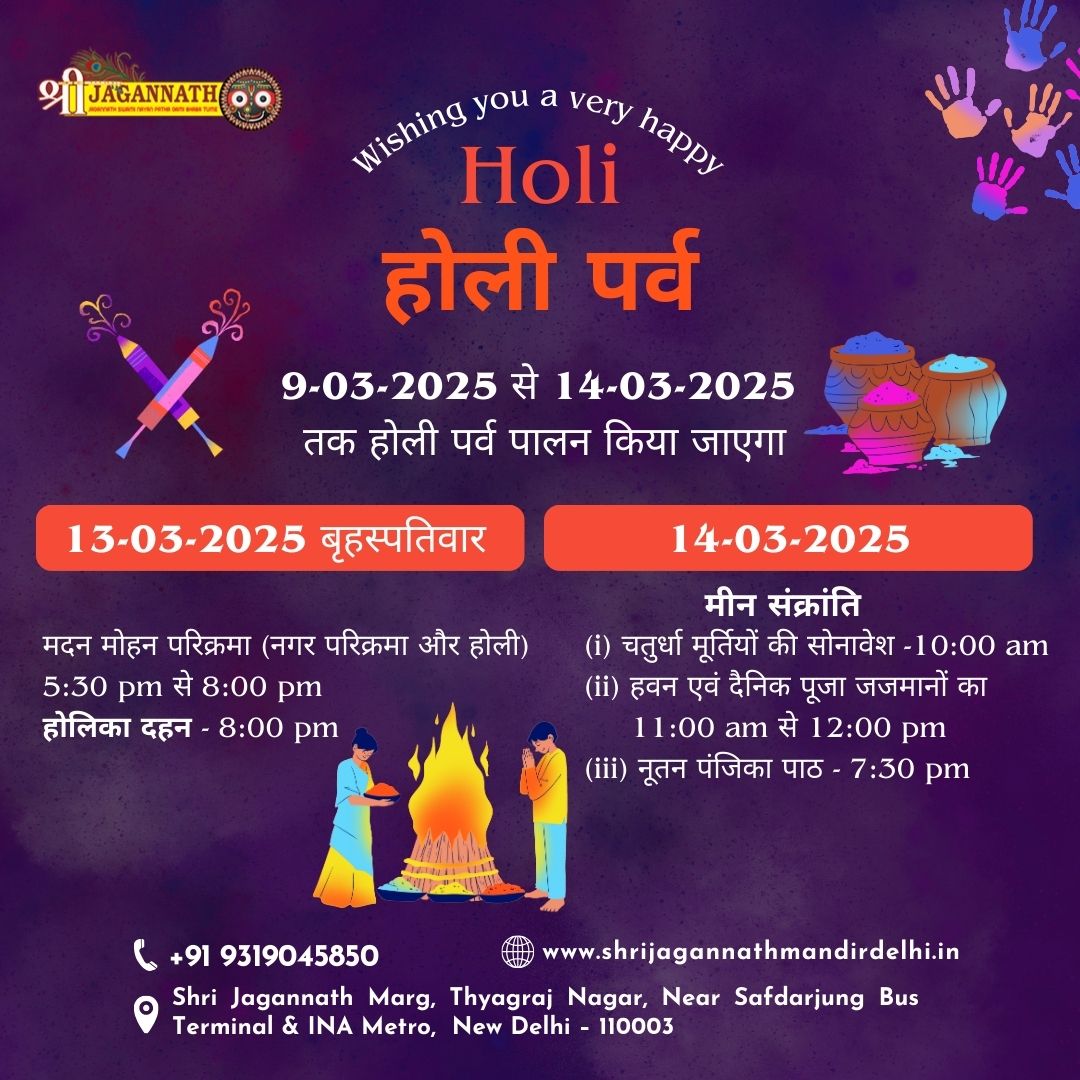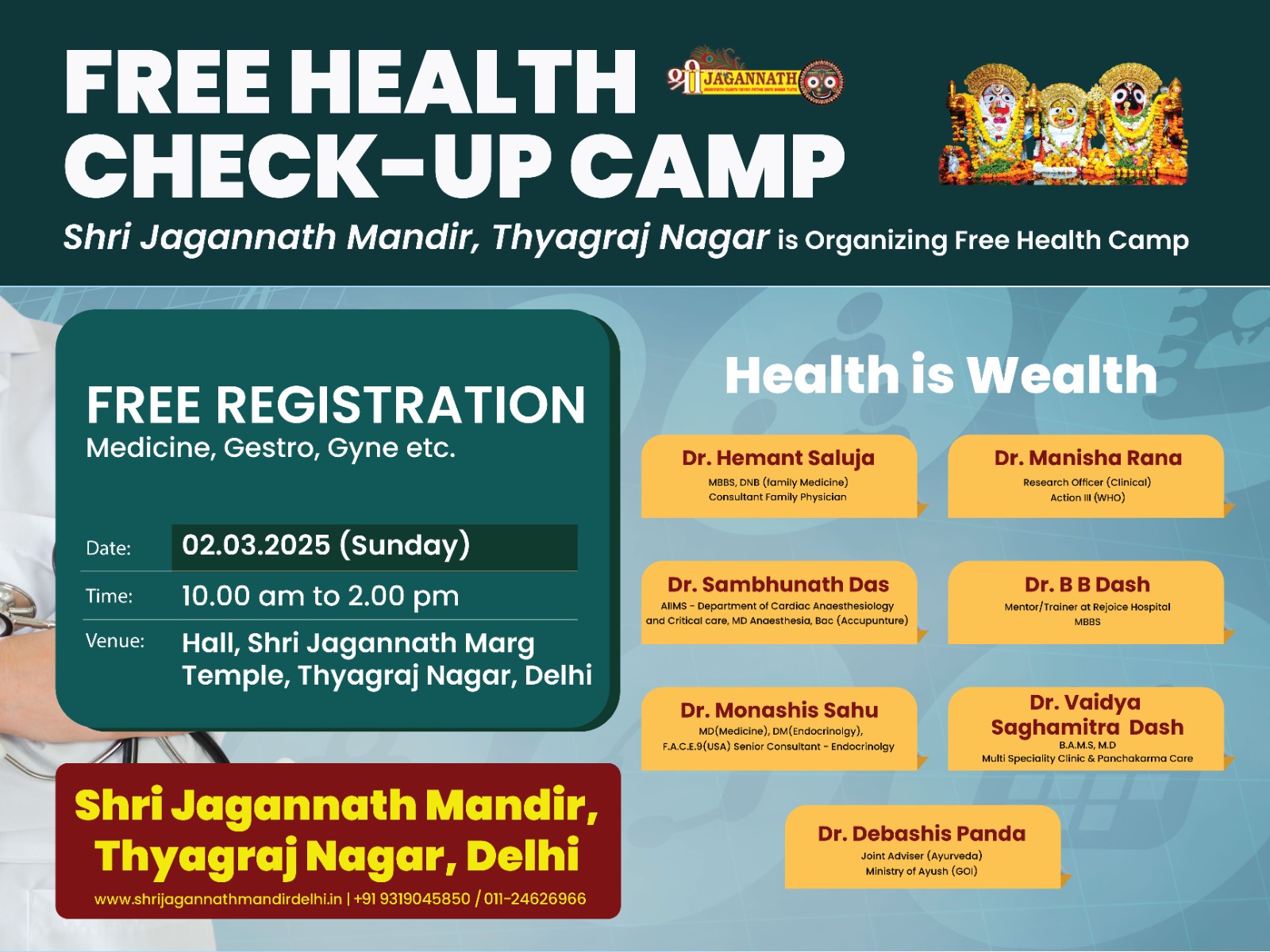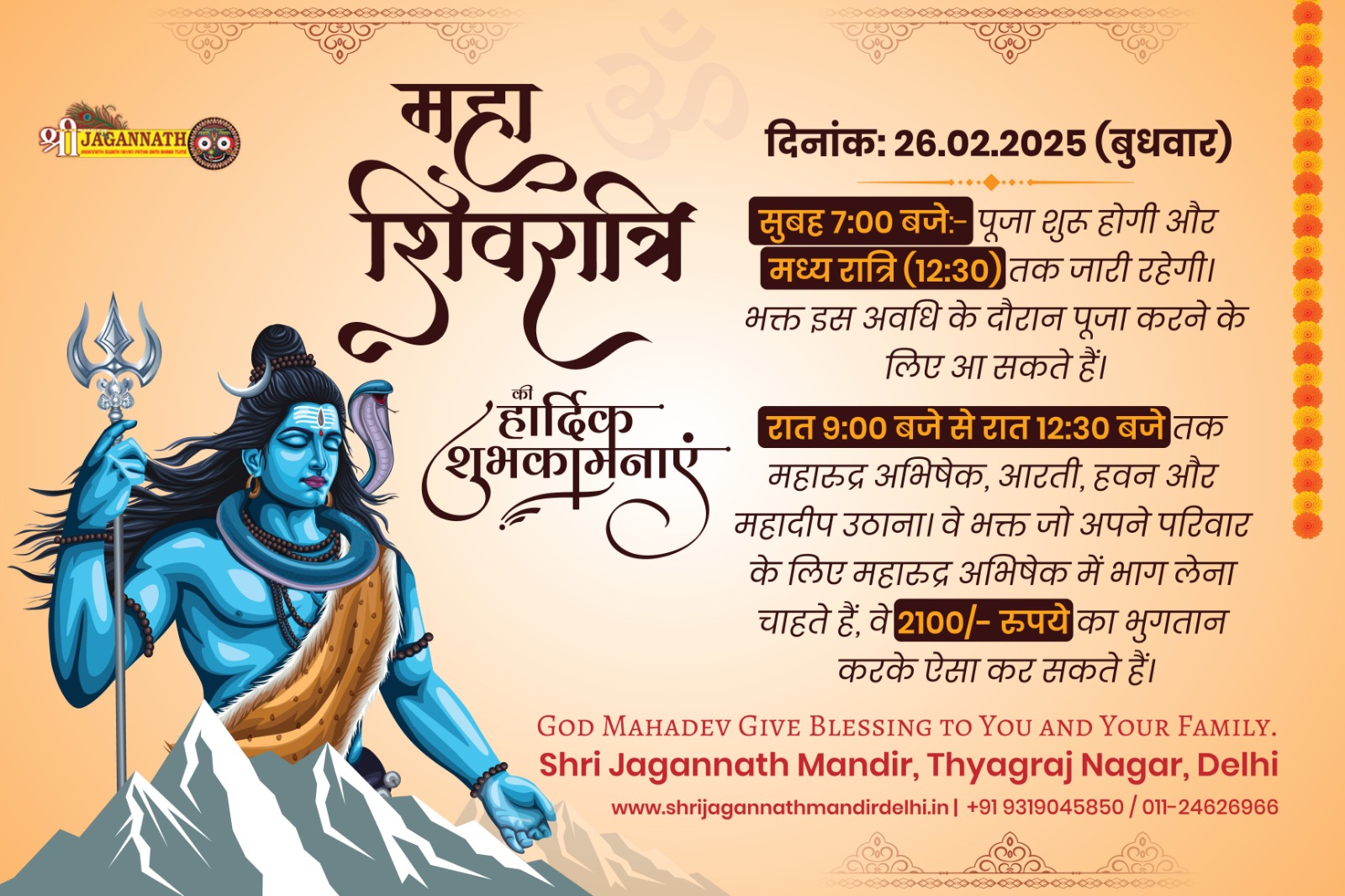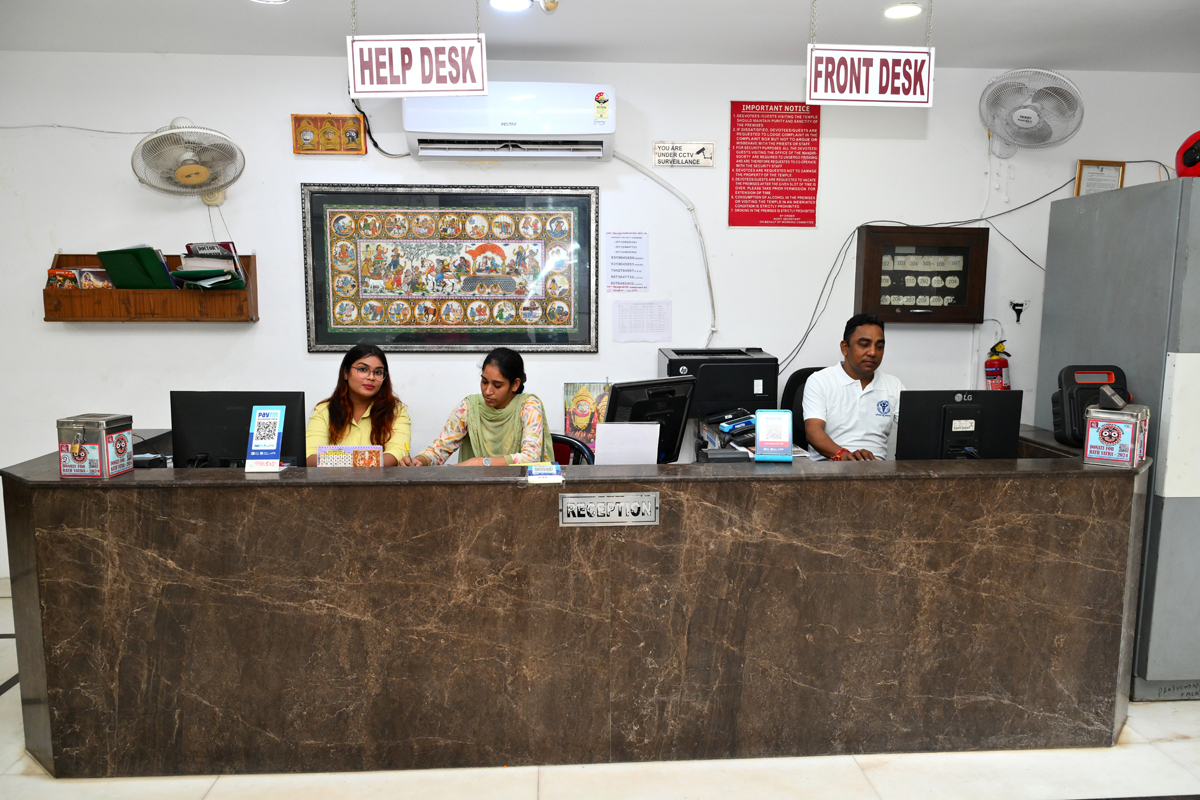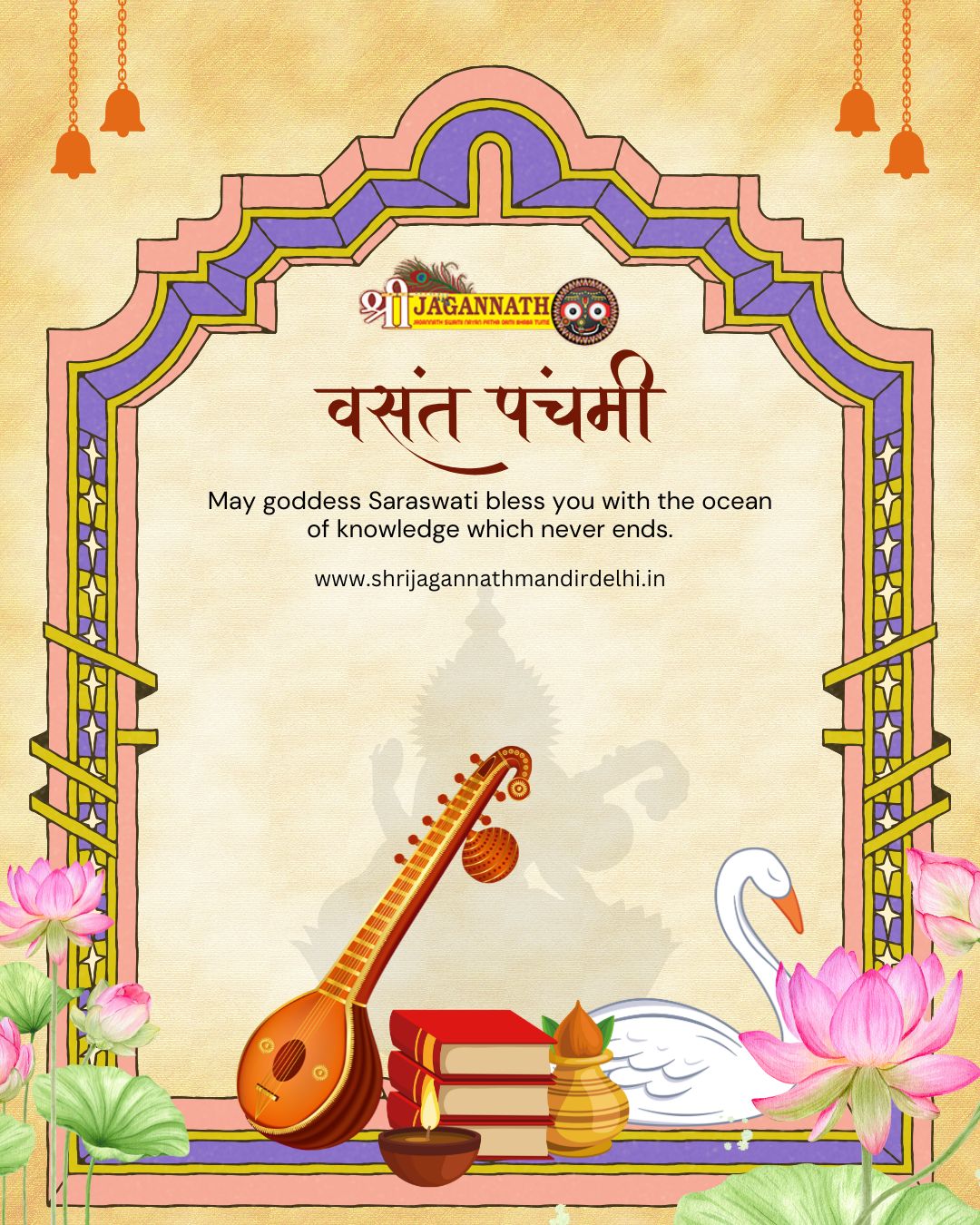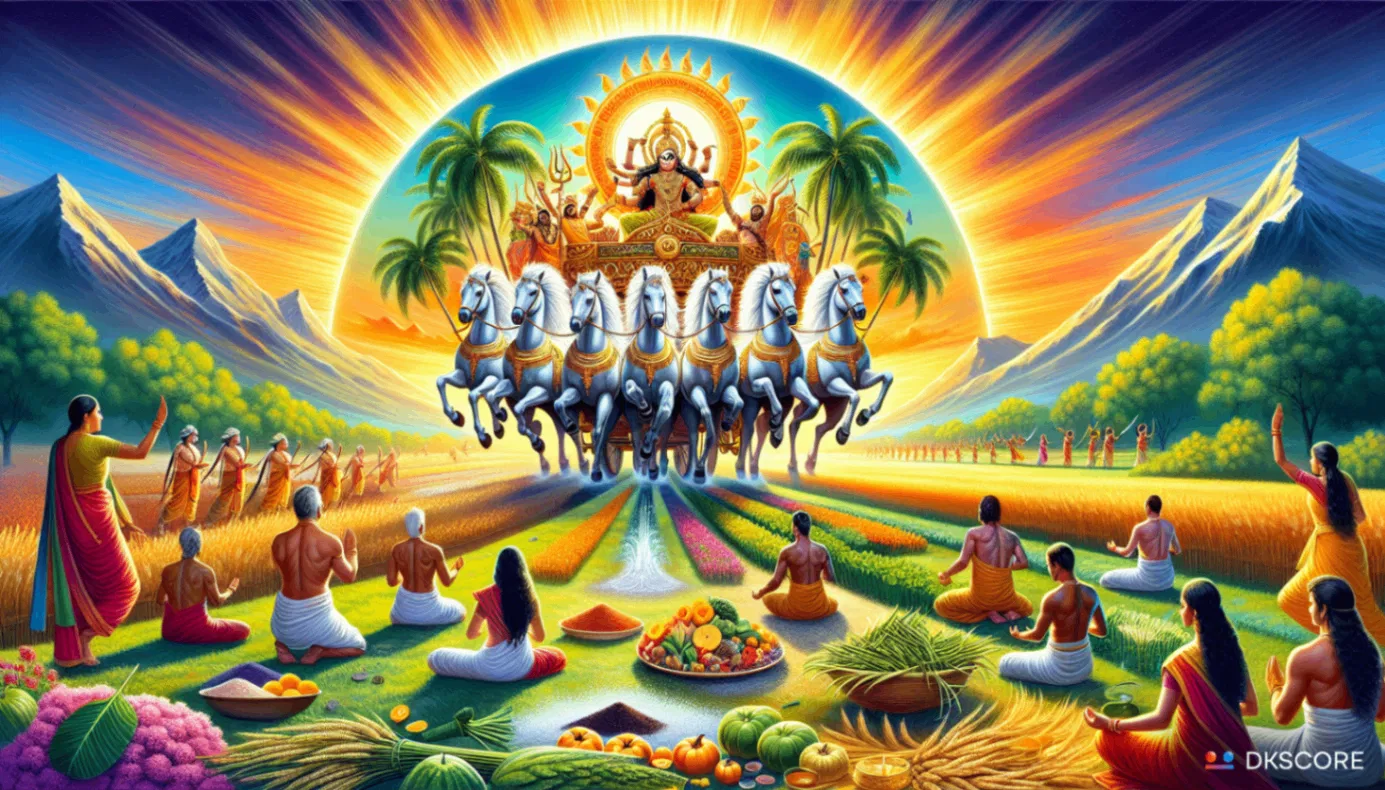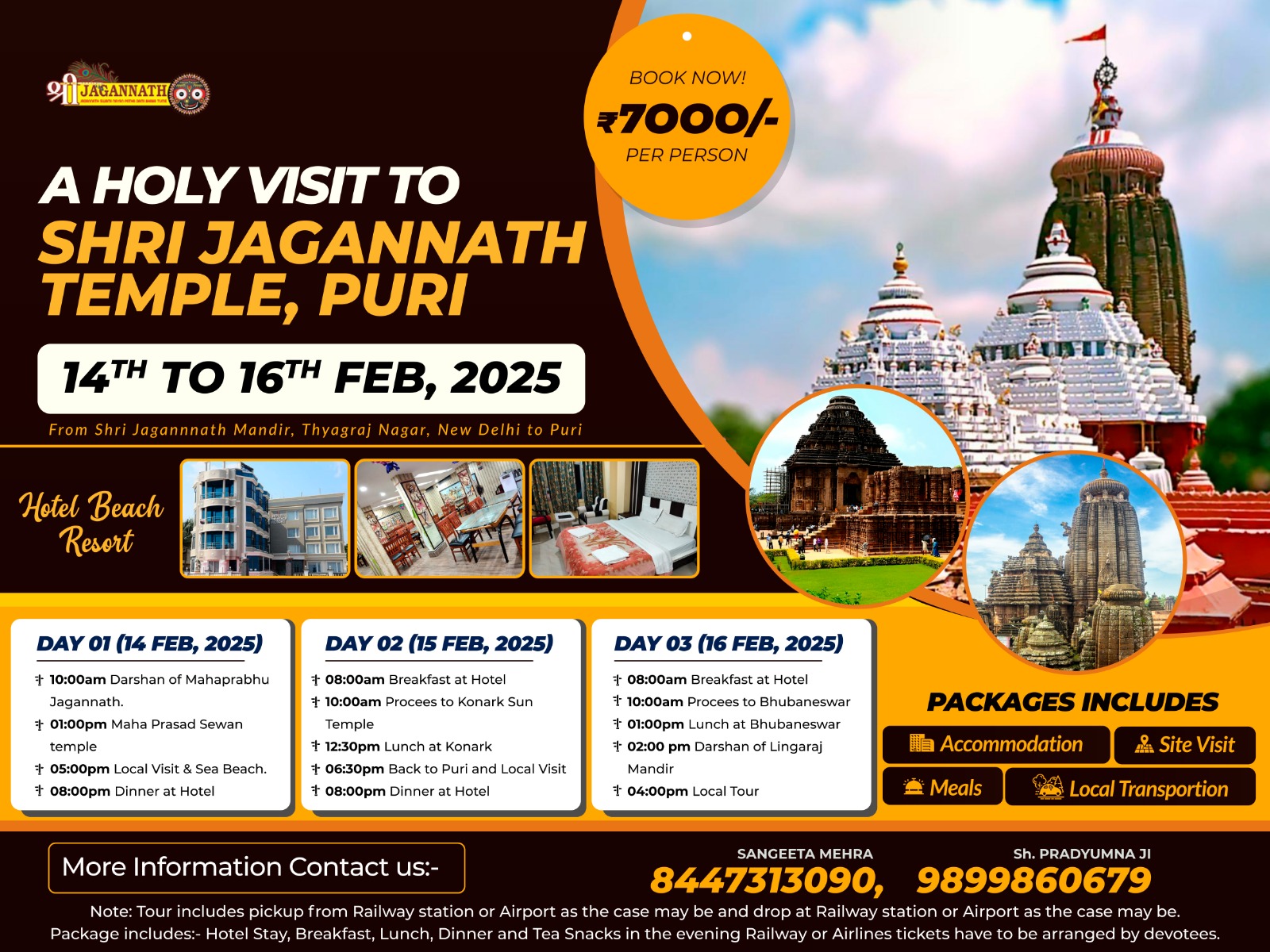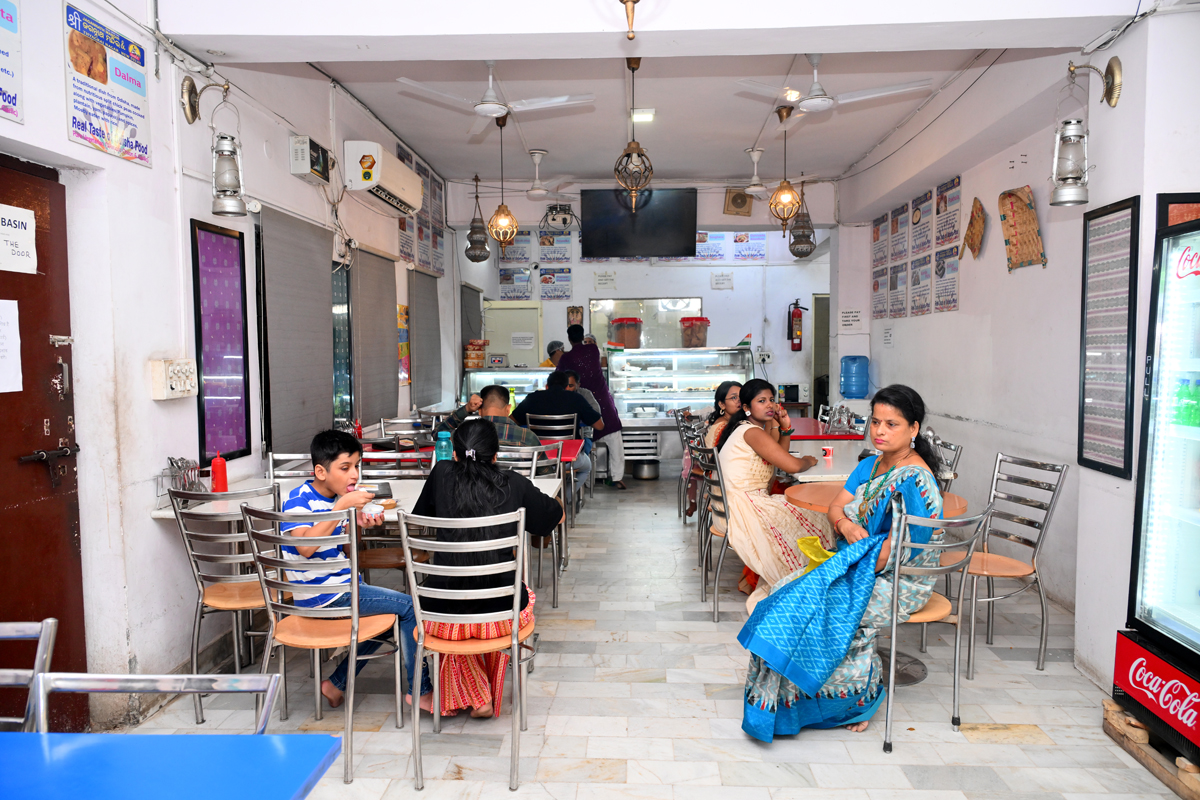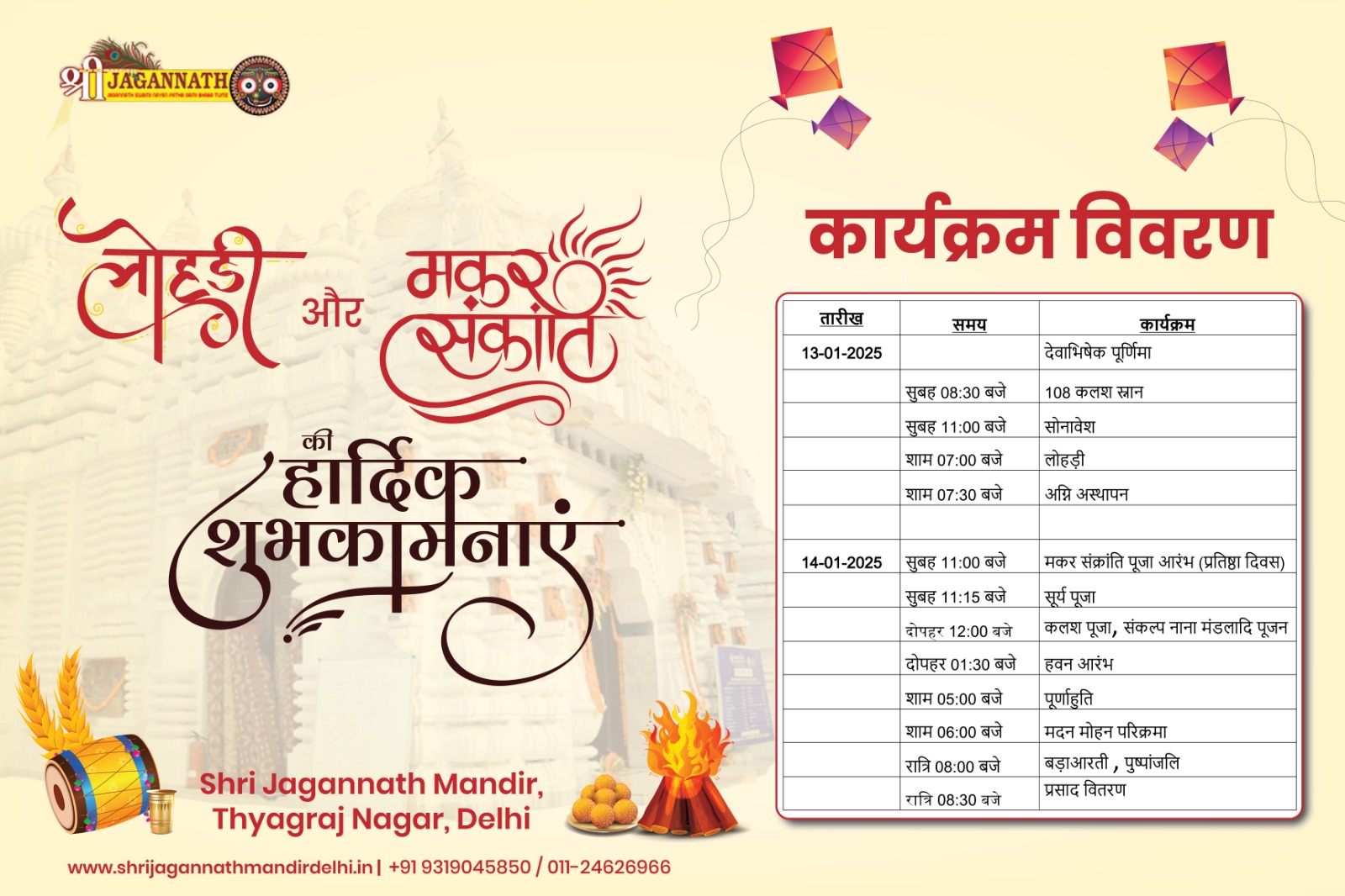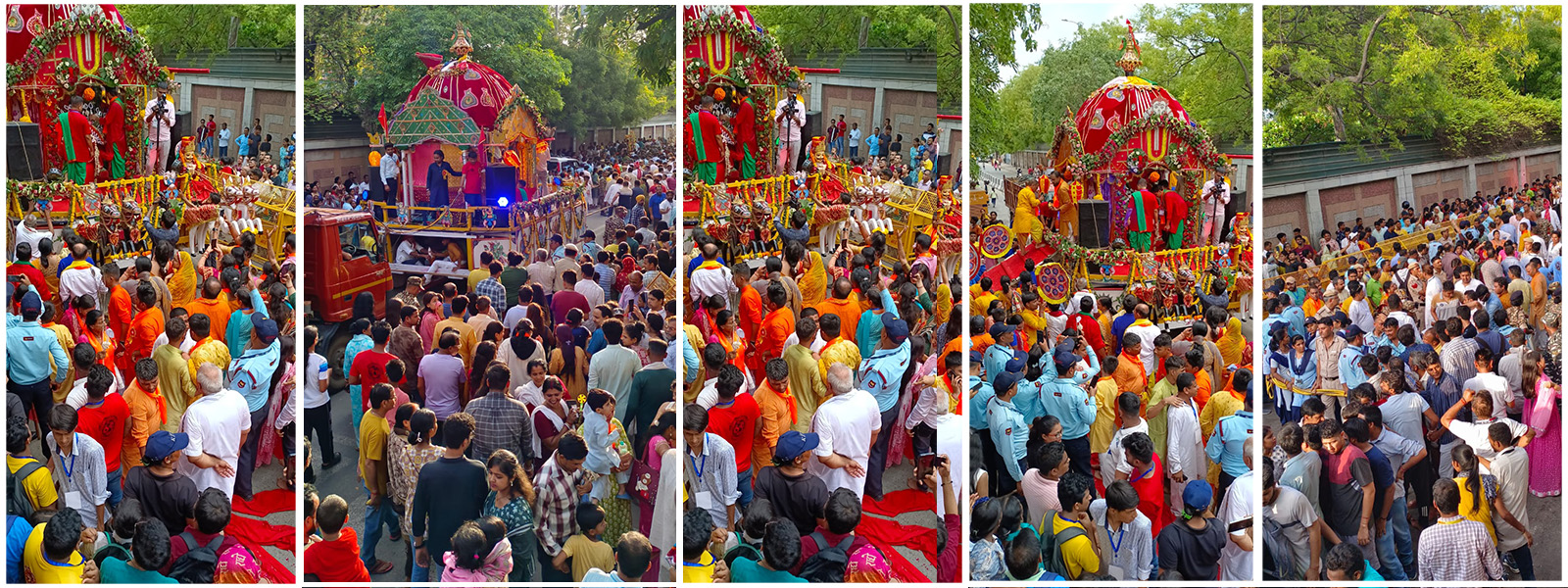June 14, 2024 12:00 am
Pahili Raja: Celebrating the Onset of Monsoon and Womanhood
Pahili Raja, also known simply as Raja, is a vibrant festival celebrated primarily in the state of Odisha, India. This three-day festival marks the onset of the monsoon season and is a celebration of womanhood, fertility, and the earth’s rejuvenation. The term ‘Raja’ is derived from the word ‘Rajaswala,’ meaning a menstruating woman, and the festival honors the menstruation cycle of the earth akin to a woman’s fertility.
Historical and Cultural Significance
Raja Parba is deeply rooted in agrarian traditions, celebrating the earth’s readiness for sowing seeds as it prepares for the agricultural season. The festival also signifies the worship of Bhudevi (Mother Earth) and highlights the importance of women in society, recognizing their role in creation and nurturing life.
Rituals and Celebrations
The festival spans three days, each with its unique customs and significance. The entire community comes together to partake in the festivities, which are marked by various traditional activities, games, and feasts.
- Pahili Raja (First Day): The first day is known as Pahili Raja, and it marks the preparation for the festival. Women take a ritualistic bath and don new clothes, symbolizing the freshness and new beginnings that the monsoon brings. The day is dedicated to cleaning and decorating homes with intricate patterns made of rice paste called ‘Jhoti’ or ‘Chita.’
- Raja Sankranti (Second Day): The second day, Raja Sankranti, is the main day of celebration. Women abstain from household chores and cooking, and instead, engage in leisure activities and traditional games like swings (known as ‘Raja Doli’). Special delicacies are prepared, including ‘Poda Pitha’ (a type of cake) and other sweet and savory dishes. The day is filled with music, dance, and communal harmony as families and friends come together to celebrate.
- Basi Raja (Third Day): The third day, known as Basi Raja, continues the festive spirit with more games, songs, and feasts. It is a day of relaxation and enjoyment, with the emphasis on spending quality time with loved ones and indulging in the culinary delights prepared for the occasion.
Games and Cultural Activities
A hallmark of Raja Parba is the swinging tradition. Swings are hung from trees, and women and girls take turns swinging high, singing traditional folk songs that celebrate womanhood and the joys of the monsoon. The festival also features various indoor and outdoor games, fostering a sense of community and fun.
Attire and Ornaments
During Raja Parba, women dress in new, colorful saris and adorn themselves with traditional jewelry. The vibrant attire reflects the festive spirit and the celebration of life and fertility. Applying ‘Alata’ (a red dye) on their feet is another traditional practice observed during this festival.
Feasting and Delicacies
Food plays a central role in Raja celebrations. Families prepare an array of traditional dishes, with ‘Poda Pitha’ being the most popular. This slow-cooked rice cake, flavored with jaggery and coconut, is a staple during the festival. Other delicacies include a variety of pithas (cakes), curries, and sweets, symbolizing the abundance and prosperity brought by the monsoon.
Spiritual and Social Significance
Raja Parba is not only a celebration of the monsoon but also a tribute to womanhood. It provides a break for women from their daily chores, acknowledging and honoring their vital role in society. The festival also promotes the values of care and respect for the earth, aligning with ecological and agrarian themes.
Conclusion
Pahili Raja is a joyous and colorful festival that beautifully blends cultural traditions, ecological awareness, and social values. It is a time of communal bonding, celebrating the earth’s fertility and the pivotal role of women in society. The festival underscores the importance of tradition, respect for nature, and the celebration of life in its various forms, making it a cherished and vibrant part of Odisha’s cultural heritage.


